
Culture and Anarchy(现货,实拍书影)
¥ 95 九五品
仅1件
作者Matthew Arnold (author); Jane Garnett (editor/introduction)
出版社OUP Oxford; Reissue
ISBN9780199538744
出版时间2006
印刷时间2009
装帧平装
开本32开
页数272页
货号A23
上书时间2021-01-05
- 在售商品 暂无
- 平均发货时间 13小时
- 好评率 暂无
- 最新上架
商品详情
- 品相描述:九五品
- 全新书未曾使用(见书影)。
- 商品描述
-
Matthew Arnold's Culture and Anarchy (1869) is one of the most celebrated works of social criticism ever written. It has become an inescapable reference point for all subsequent discussion of the relations between politics and culture, and it has exercised a profound influence both on conceptions of the distinctive nature of British society, and on ideas about education and the teaching of literature more generally.
Culture and Anarchy, debates important questions about the nature of culture and society that are as relevant now as they have ever been. Arnold seeks to find out 'what culture really is, what good it can do, what is our own special need of it' in an age of rapid social change and increasing mechanization. He contrasts culture, 'the study of perfection', with anarchy, the mood of unrest and uncertainty that pervaded mid Victorian England. How can individuals be educated, not indoctrinated, and what is the role of the state in disseminating 'sweetness and light'?
This edition reproduces the original book version and enables readers to appreciate its immediate historical context as well as the reasons for its continued importance today, in the face of the challenges of multi culturalism and post modernism.
Matthew Arnold (1822 to 1888) was an English poet and cultural critic who worked as an inspector of schools. He was the son of Thomas Arnold, the famed headmaster of Rugby School, and brother to both Tom Arnold, literary professor, and William Delafield Arnold, novelist and colonial administrator. Matthew Arnold has been characterised as a sage writer, a type of writer who chastises and instructs the reader on contemporary social issues.
相关推荐
-

FREEDOM AND CULTURE
九品北京
¥ 50.00
-

MEDIA AND CULTURE
八五品沧州
¥ 90.00
-

Culture and Imperialism
八五品北京
¥ 150.00
-

People and Culture
九品北京
¥ 10.00
-

CULTURE AND ANARCHY
八五品南京
¥ 300.00
-

TECHNOLOGY AND CULTURE
八五品北京
¥ 98.00
-

Culture and Imperialism
九品上海
¥ 80.00
-

LANGUAGE AND CULTURE
八五品濮阳市
¥ 28.00
-

ENVIRONMENT AND CULTURE
八五品长沙
¥ 120.00
-
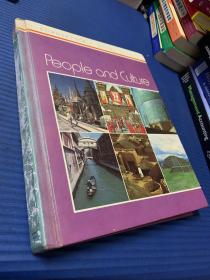
People and Culture
九品长沙
¥ 30.00
— 没有更多了 —









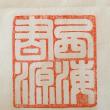



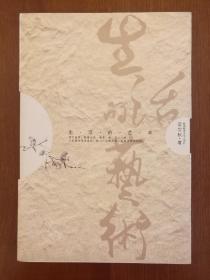

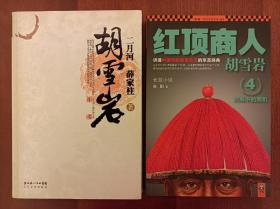
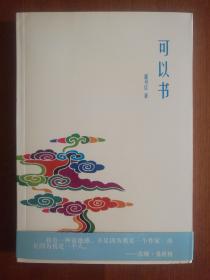



以下为对购买帮助不大的评价